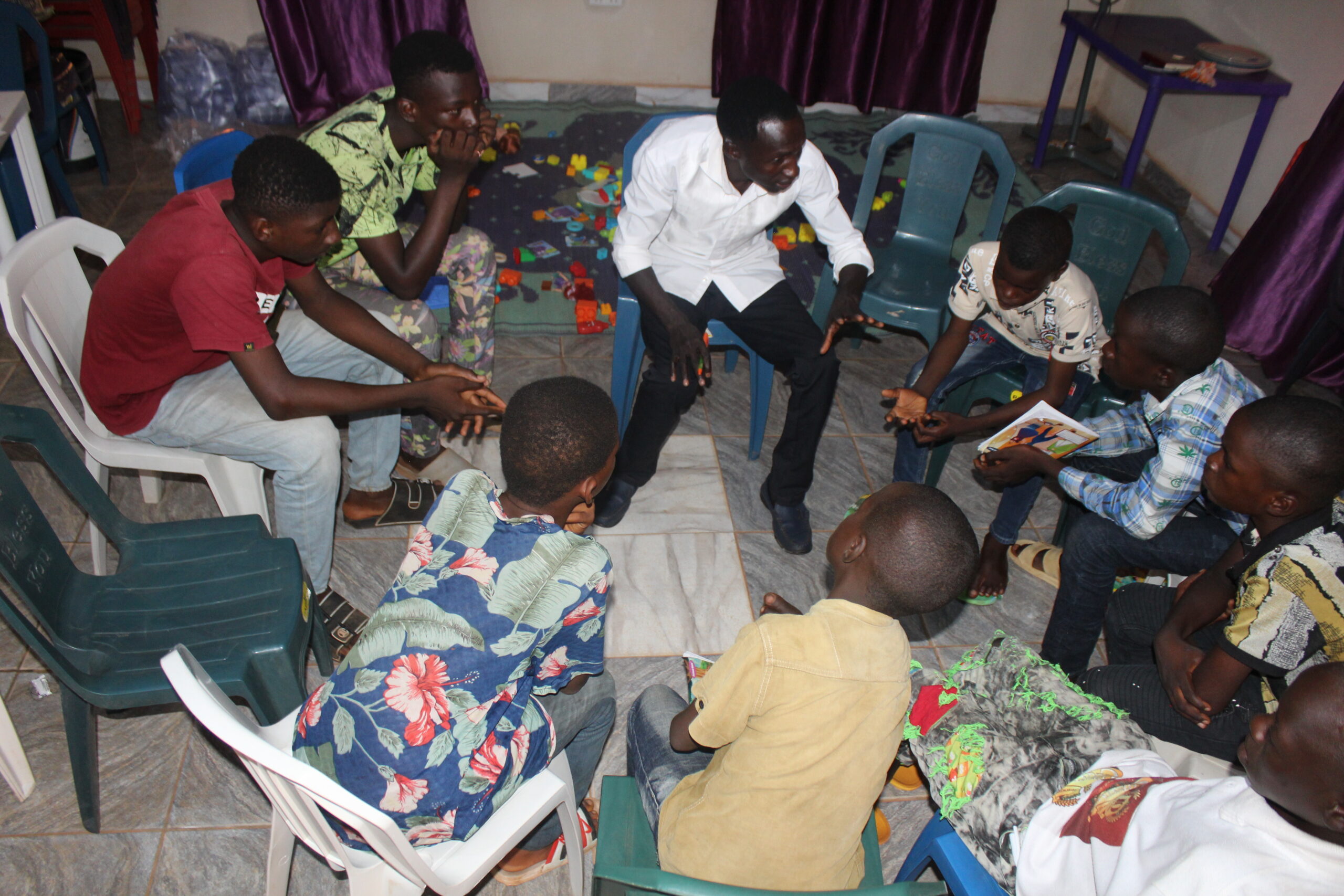Understanding the Out-of-School Child: A Hasken Arewa Foundation Initiative
Education is a fundamental right of every child, and yet millions of children around the world find themselves out of school, deprived of the opportunities that formal education can provide. These out-of-school children may come from various backgrounds, including those who have never attended school, dropouts, or children affected by conflicts, poverty, or other challenging circumstances. When such children are reintroduced to formal education, it is crucial to approach their growth with patience, love, and the seeds of hope.
The journey of an out-of-school child entering formal education can be filled with uncertainties and challenges. They may lack basic academic skills, struggle with social integration, and face emotional barriers due to their previous experiences. As educators, parents, and communities, it is our responsibility to provide them with a supportive environment that fosters growth, resilience, and a sense of belonging.
Patience is key in understanding the out-of-school child’s development. It is essential to recognize that they may have missed foundational learning experiences and that catching up will take time. These children may require additional support and personalized attention to bridge the gaps in their knowledge and skills. Adopting a patient approach allows educators to tailor their teaching strategies, identify individual needs, and provide targeted interventions to help these children thrive.
Love is a powerful force that can transform the lives of out-of-school children. Many of these children may have experienced neglect, trauma, or abandonment, which can hinder their emotional well-being. By creating a nurturing environment filled with compassion, empathy, and understanding, we can help them heal and regain trust in others. Love can instill a sense of security, belonging, and self-worth, enabling these children to develop positive relationships, build resilience, and unlock their full potential.
Sowing the seeds of hope is instrumental in inspiring out-of-school children to believe in themselves and their future. Often, these children may have lost hope due to their circumstances, feeling trapped in a cycle of poverty or despair. By offering them opportunities, highlighting their strengths, and setting realistic goals, we can ignite a spark of hope within them. Encouraging their dreams, talents, and aspirations can motivate them to persevere, overcome obstacles, and create a brighter future.
In supporting the growth of out-of-school children, it is essential to adopt a holistic approach. This includes not only focusing on academics but also addressing their overall well-being. Providing access to healthcare, nutrition, and psychosocial support can enhance their physical and mental development, enabling them to fully engage in the learning process.
Collaboration among stakeholders is crucial in ensuring the success of out-of-school children reintegrating into formal education. Educators, parents, communities, and policymakers must work together to create inclusive and child-centered learning environments. This collaboration should involve designing flexible curricula, training teachers in innovative teaching methodologies, and establishing safe spaces where children can express themselves freely.
Every child deserves the chance to learn, grow, and thrive. By understanding the unique needs of out-of-school children and approaching their reintroduction to formal education with patience, love, and the seeds of hope, we can empower them to overcome adversity and build a better future. Let us come together, embrace these children with open arms, and provide them with the opportunities they deserve….
Would you choose to partner with us today? Thank you so much. I believe in you.🙏


